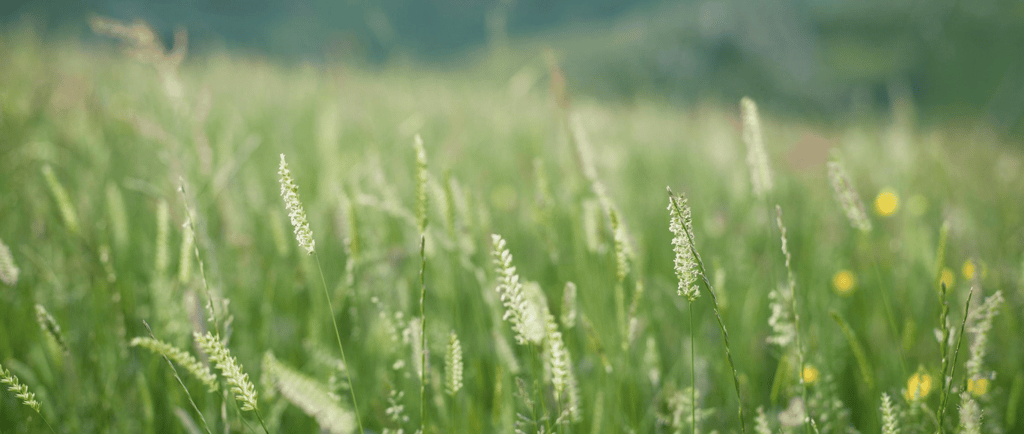Common allergies in the UK: weed pollen
Tackle weed pollen allergies with daily pollen forecasts, personal protection strategies, and effective allergy meds for relief.
4/15/20242 min read


In the UK, tree and grass pollen are familiar allergens that cause sneezing and sniffles. However, weed pollen often goes unnoticed, even though it can prolong the hay fever season until the end of summer. It is essential to understand this allergen, its symptoms, and how to manage them, especially during the weed pollen season from late June to early September. By doing so, anyone can enjoy the warmer months with fewer interruptions.
Weed pollen and its effects
Identifying the weed pollen season can be challenging as it involves a variety of plants blooming over several months, unlike the tree and grass pollen seasons, which have specific times. Pinpointing which pollen is causing your symptoms can be difficult. Common weeds, such as nettles, ragweed, dock, ribwort (or plantain), and mugwort, release fine pollen that the wind can easily carry, leading to allergic rhinitis, commonly known as hay fever.
Symptoms of weed pollen allergy
Sneezing
Runny or blocked nose
Itchy, watery eyes
Coughing and wheezing
Nettle pollen is notorious for causing a blotchy skin rash upon contact and contributing to hay fever symptoms. Counts of nettle pollen peak in the evening during June, July, and again in mid to late August.
Managing weed pollen allergies
Monitoring pollen forecasts
Keeping an eye on daily pollen forecasts can help you prepare for high pollen days, potentially reducing your exposure and symptoms.
Personal protection strategies
When you cannot stay indoors, you can protect yourself from pollen by wearing a mask, wraparound sunglasses, and a hat. Additionally, it is effective to shower, wash your hair, and change clothes after being outdoors to minimise the lingering effects of pollen.
Home and lifestyle adjustments
To reduce exposure to pollen, close windows during peak pollen times and avoid outdoor activities that stir up pollen, such as mowing the lawn. Also, wipe pets with a damp cloth after they have been outside to prevent them from bringing pollen into the house.
Treatment options
Allergy medicine
Various allergy medications are available to relieve symptoms. Allergy pills and non-sedating antihistamines can provide relief from sneezing and itchy eyes. Allergy nasal sprays and prescription nose sprays target nasal symptoms more directly.
Saline sprays
Saline nasal sprays and washes can help soothe inflammation in the nose and clear the nasal passage of pollen, offering a gentle alternative to medication.
When to seek further help
If your symptoms continue even after taking antihistamines or using allergy sprays, or if they have a significant impact on your daily life, it is important to seek advice from a healthcare professional. Airyn can provide guidance on additional allergy treatment options and comprehensive allergy treatment plan that is tailored to your individual needs.
Conclusion
Weed pollen may not receive as much attention as tree and grass pollen, but it can have a significant impact on those with hay fever. To navigate the weed pollen season more comfortably, it is important to understand the symptoms and adopt strategies for protection and relief. These may include using allergy medicine and making lifestyle adjustments. Remember, you do not have to suffer silently. Help is available, enabling you to enjoy the summer months with minimal disruption from allergies.
Join our waiting list today to be the first to know when we launch, and get a 50% discount off your consultation fee.
